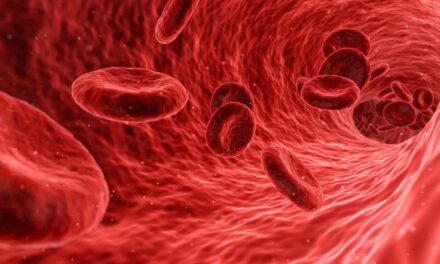Since its inception in 2013 by the charity Alcohol Change UK, the Dry January challenge has grown immensely in popularity, becoming a widely embraced New Year’s resolution. In 2023, 175,000 people officially signed up to take on the challenge of going alcohol-free for the entire month of January—and countless others joined in unofficially. The benefits of a month-long abstinence from alcohol are profound and multifaceted, ranging from physical health improvements to psychological well-being.
Rapid Health Benefits
At a biological level, even a short break from alcohol can lead to significant improvements in markers of physical health. Studies have shown that one month of abstinence is associated with reductions in liver fat, blood glucose, and cholesterol levels. These changes can reduce the risk of long-term health issues such as fatty liver disease and type 2 diabetes.
Psychological and Emotional Boosts
The psychological benefits of Dry January are equally noteworthy. Research conducted with Alcohol Change UK, involving 4,232 adults, highlights substantial improvements in mental health and well-being. Participants were surveyed before the challenge began and again in early February. The findings revealed:
- Improved Sleep Quality: Over half (56%) of participants reported better sleep by the end of the month. While alcohol is often perceived as a sleep aid, it disrupts sleep quality and reduces restorative dream sleep, affecting memory and concentration. Abstaining can alleviate these effects and enhance overall sleep patterns.
- Increased Energy Levels: A notable 52% of participants reported feeling more energetic.
- Better Overall Health: Half of the participants observed an improvement in their general health.
- Financial Savings: Sixty-three percent of participants found that Dry January helped them save money.
Building Long-Term Control
A follow-up study involving 1,192 Dry January participants tracked changes over six months using validated psychological assessments. Significant improvements in self-efficacy—a sense of being able to tackle challenges—were observed. Participants reported feeling more in control of their drinking habits, a change that persisted even after the challenge ended.
Interestingly, around 40% of participants chose to make lasting changes to their drinking habits, such as drinking less frequently or reducing their intake on drinking days. While approximately half returned to their previous drinking levels, they still reported feeling a greater sense of control over their consumption.
Participation and Community Support
Engagement with Alcohol Change UK’s campaign materials—including access to an online community—doubles the likelihood of completing Dry January successfully. Participants benefit from shared tips, support, and motivation from others facing similar challenges. Social support, as highlighted in numerous studies, is a powerful tool for maintaining abstinence and reducing alcohol consumption.
Practical Tips for Success
For those considering Dry January, planning and preparation are key:
- Minimize Opportunities to Drink: Avoid keeping alcohol at home and plan alcohol-free alternatives when socializing.
- Socialize Strategically: Opt for alcohol-free environments like cafes, or arrange daytime meetups to reduce the temptation to drink.
- Plan Responses: Prepare polite ways to decline drink offers to navigate social pressure.
- Buddy Up: Pairing up with a friend for mutual accountability can be motivating for some participants.
Who Should Consider Dry January?
Dry January is ideal for anyone looking to reset their drinking habits and enjoy a range of health benefits. However, it may not be suitable for individuals with alcohol dependence or addiction, who may require specialist support. For many, though, this challenge serves as an effective and empowering way to kickstart the year with healthier habits.
By taking a break from alcohol, participants report better sleep, enhanced energy levels, and a sense of control over their drinking. Whether done officially or unofficially, Dry January offers a simple yet impactful opportunity to improve both physical and psychological health—one month at a time.












